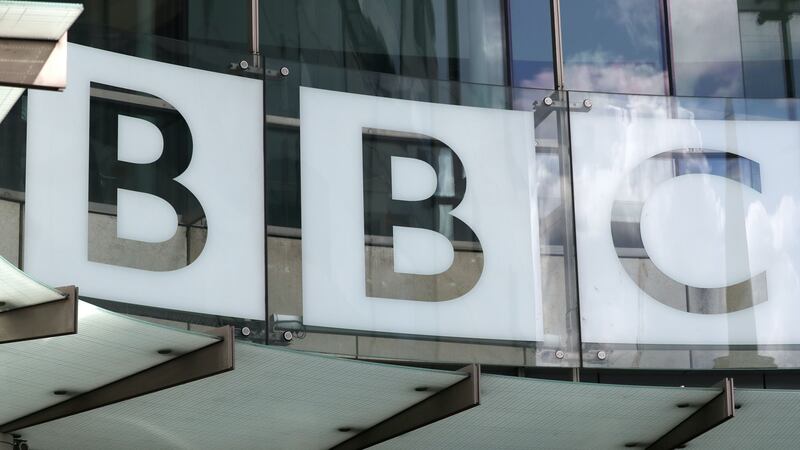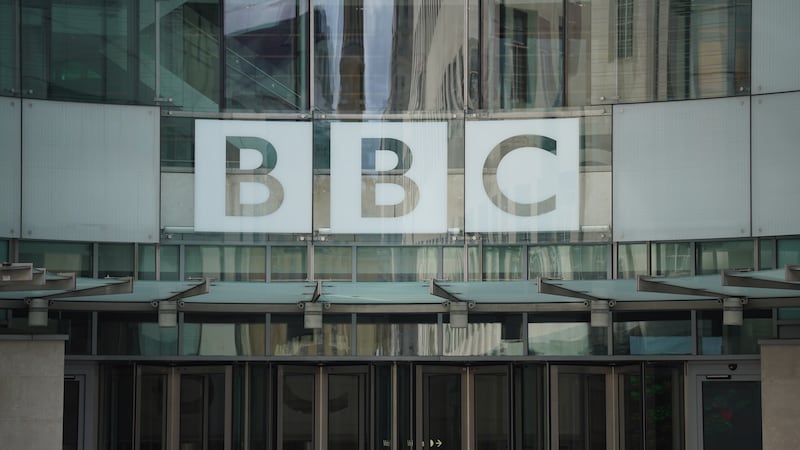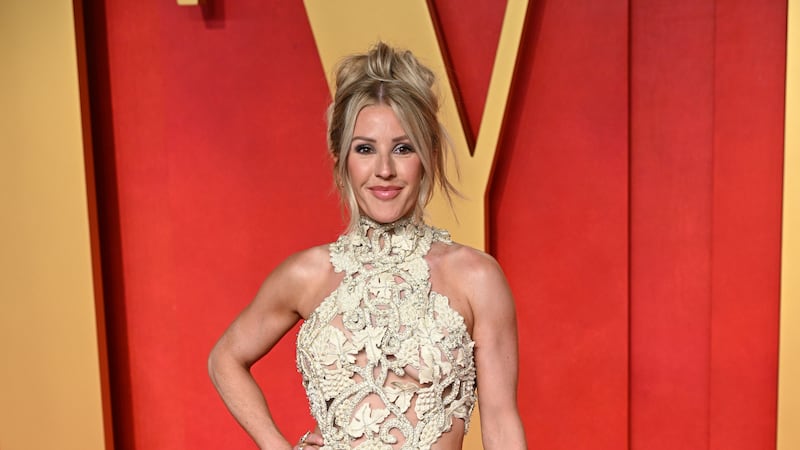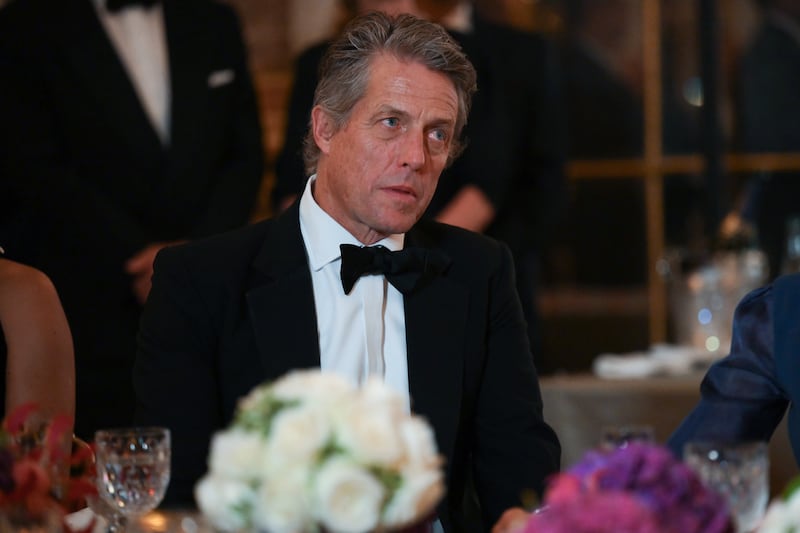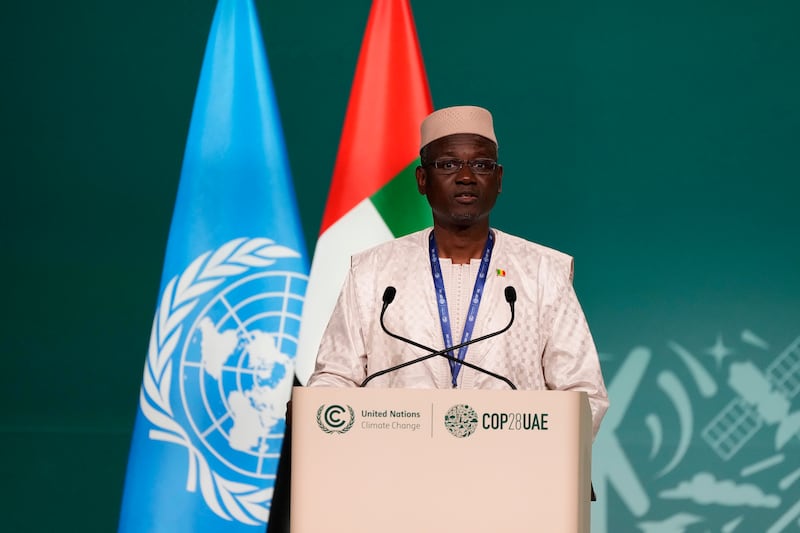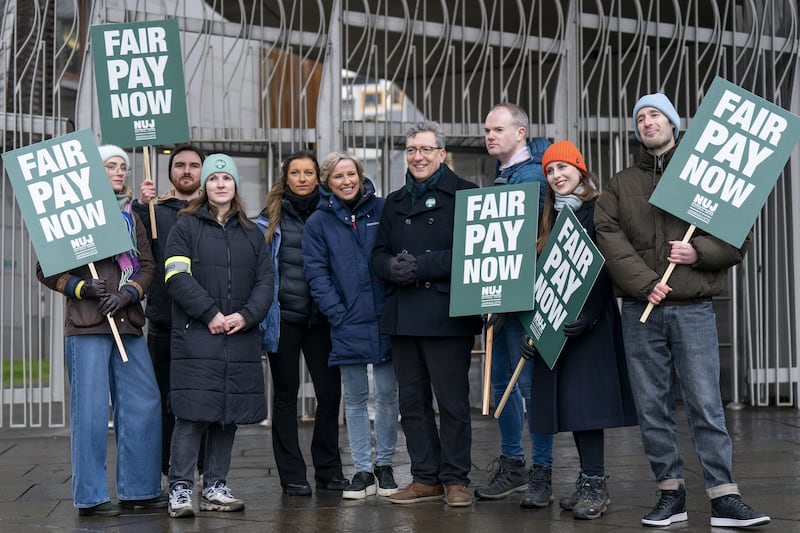An investigation which found no unlawful acts of pay discrimination at the BBC despite high-profile payouts to female staff has been labelled a “whitewash”.
The Equality and Human Rights Commission (EHRC) said that “the processes” to deal with pay grievances at the broadcaster “let women down”. It added that many who queried their pay suffered “humiliation, anxiety, insomnia”.
But its report did not find any breaches of the law, despite a torrid few years for the BBC on the issue.
The watchdog published its findings on equal pay – defined as the same pay for equal work – after selecting 10 cases from 2017 to 2019 to look at in depth.
The report was published just months after Newswatch presenter Samira Ahmed won a sex discrimination equal pay claim against the broadcaster at a tribunal.
Other high profile cases include Radio 4 presenter Sarah Montague, who received a £400,000 settlement and an apology over unequal treatment.
Broadcaster Carrie Gracie was also given an apology and back pay after resigning from her position as China editor in 2018 in protest at pay inequalities.
The broadcaster has made over 500 pay revisions for women in recent years – although it said the majority of these are for “fair pay” so are not to do with gender.
The BBC has said it identified 39 cases of unequal pay, which it “corrected”.
Statement from BBCWomen re: @EHRC report into equal pay @BBC: pic.twitter.com/IOF6ZCFxWM
— Martine Croxall (@MartineBBC) November 12, 2020
BBC Women, a group of more than 150 broadcasters and producers at the corporation, said they were “deeply disappointed by the findings that do not reflect our experiences”.
“New cases are coming forward and women are still heading to court. We fight on,” they said.
Gracie, who recently left the BBC, wrote on Twitter: “EHRC report on BBC equal pay feels like whitewash.
“Examined just 10 cases… Seriously? FOLLOW THE ££ INSTEAD: BBC forced to pay out to 100s of BBC women.
“Moral of story: don’t rely on regulator but stay strong, calm, united + JUSTICE WILL PREVAIL.”
@EHRC report on #BBC #equalpay feels like whitewash. Examined just 10 cases to reach the headline below? Seriously? FOLLOW THE ££ INSTEAD: #BBC forced to pay out to 100s of #bbcwomen. Moral of story: don’t rely on regulator but stay strong, calm, united + JUSTICE WILL PREVAIL. https://t.co/1BCLQANMGN
— Carrie Gracie (@TheCarrieGracie) November 12, 2020
And a BBC insider told the PA news agency there was “puzzlement” that the watchdog “had apparently ignored the cases where the BBC has settled”.
They added that “nothing alters the fact that 500 had women had pay rises” in recent years.
The watchdog defended its investigation, saying it was “very confident” in its “robust findings”.
But Joanna Gregson, head of enforcement at the EHRC, said that despite finding no “pay discrimination” in the cases that were looked at, “that’s not to say it didn’t happen elsewhere (at the BBC)”.
Rebecca Hilsenrath, chief executive of the commission, said women “suffered” at the BBC because of the complaints process and there were a number of areas where the broadcaster was “at risk of unlawful pay discrimination”.
She praised the “courage” of women who came forward, saying she hoped they could take “comfort” from the report recommendations to improve the way pay issues are dealt with.
We have published the findings of our investigation into historical issues of equal pay at the BBC.
Read the full report: https://t.co/jogxEPgBDl pic.twitter.com/Zq4uLo8Oef
— EHRC (@EHRC) November 12, 2020
The EHRC said it received “evidence that several employees had been signed off work due to the stress of the process”.
It spoke of some complainants who had waited two years for an outcome, while one was passed between eight different people in 10 months after raising the initial complaint.
“These are real people having a really terrible time,” Ms Hilsenrath said.
“If the processes have let you down, then you don’t trust what’s going on. We hope our recommendations will help build a better relationship with the women at the BBC.”
The commission said its investigation had a different remit to that of an employment tribunal.
It said it was legitimate for the BBC to take into account “specific attributes” when deciding pay such as “the extent to which an individual… makes a difference to broadcast programmes.”
In the cases the EHRC analysed, the BBC said many of its pay decisions related to “profile, experience, audience recognition, market power and flight risk” – the possibility of being poached by rivals.

The watchdog said that “those factors can lawfully be relied upon to justify pay differences” and it “accepted that the factors explained the pay differences between men and women in these cases”.
However, it stressed the importance of establishing a “clear method” to evaluate “the weight of these factors objectively”.
The BBC’s new director-general Tim Davie said the broadcaster accepts the recommendations.
“We note that the commission has made no unlawful findings against the BBC and recognises that there have been significant improvements to BBC pay practices in recent years,” he said.
“However, we have to work even harder to be best in class. Trust is vitally important and, as an organisation that serves the public, the BBC must continue to lead the way on pay transparency and fairness. We are committed to building a truly inclusive culture.
“We agree with the commission that we should continue to deliver on our reform programme which began in 2015. We accept every one of their recommendations and will implement them.”
Mr Davie recently told MPs that there are 20 gender discrimination cases outstanding at the corporation.
The EHRC launched an investigation into equal pay at the BBC last year, two years after the broadcaster sparked controversy by publishing the salaries of its highest earners.
Whereas Chris Evans, the BBC’s highest-paid male at the time, earned between £2.2 million and £2.25 million in 2016/2017, Claudia Winkleman, the highest-paid female, earned between £450,000 and £500,000.
Latest BBC figures on the broadcaster’s best-paid stars make Zoe Ball the top-earning talent – while Gary Lineker took a pay cut.
Fiona Bruce, Vanessa Feltz and Lauren Laverne are also in the top 10.
